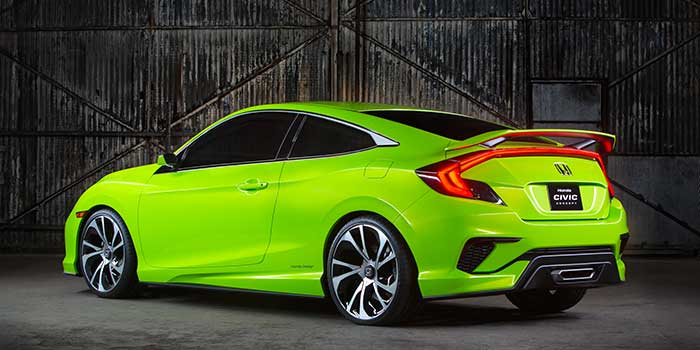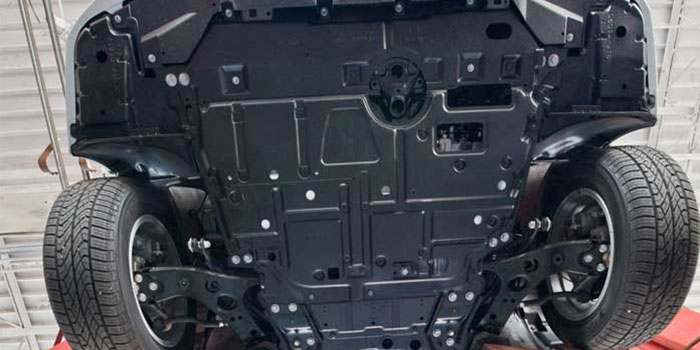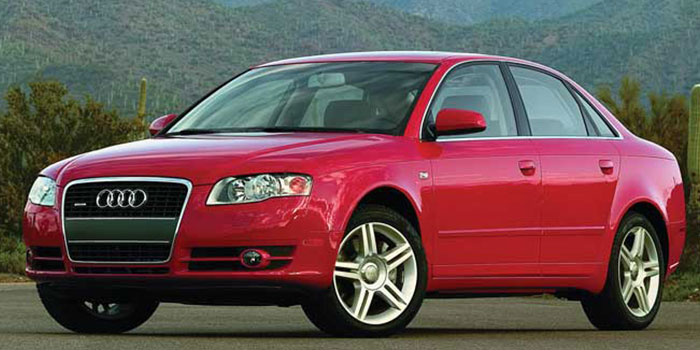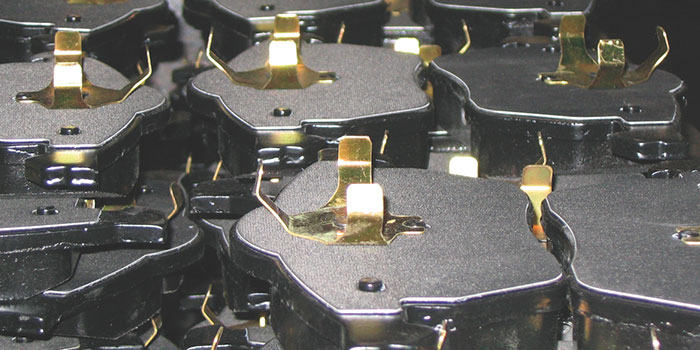Sporty New Design Will Make You Civic Minded
Honda Debuts Sportiest Civic Design with 10th-Generation Civic Concept Honda unveiled its ultra-sporty Civic Concept at the New York International Auto Show in April. The Civic Concept provided a tantalizing glimpse forward to the design direction for the all-new 10th-generation Civic lineup launching in the U.S. this fall. With a sharper focus on spirited performance

Using Social Media To Find A Job
When it comes to job hunting, most people think social media is simply the thing you clean up prior to beginning your search. But, in reality, it can do so much more for you than just prove to potential employers that you’re sane and not an all-night partier. You can utilize social media to find job openings, connect with potential employers and give yourself a leg up when it comes time to interview. No really, you can!

Corrosion Protection: How Long Will Your Repair Last?
Today’s metals are stronger than ever, but thinner, too. How long do you think it will take for corrosion to compromise metal strength once it takes hold – especially with the increasing use of liquid deicer to combat snow storms?

Toyota Hybrid Oil Change
Does the thought of changing the oil on a Toyota Prius scare you? Are you afraid you could be shocked with more than 200 volts? Don’t be afraid, changing the oil is not radically different than any other Toyota.

Racing Rules! Racing Engine Rule Issues For 2015
If you’re looking to become a performance engine builder with customers driving in various racing associations, keeping up with rules changes from the numerous organizations can be a challenge.

Audi Direct-Injection Issues & Carbon Deposits
In 2006, we saw the first of the direct-injection cars. VW and Audi located the injectors directly into the combustion chambers for greater efficiency. By this time, we had been seeing variable valve timing for at least six years, and there were a few cars that had variable intake runners. The new A4s and Passats had both and, in addition to the in-tank fuel pump, they had a cam-driven, mechanical high-pressure fuel pump that ran the fuel pressure as high as 120 bar. They are great cars, but began to exhibit a few problems that we started to see after a few years.

Analyzing Brake Friction Material
Aftermarket brake pads require a great deal of testing and engineering because they are made for a specific vehicle. A quality brake pad manufacturer will spend a significant amount of time and money developing an application-specific brake pad for each vehicle. This includes simulated and on-the-vehicle testing, both of which are time and equipment intensive.

